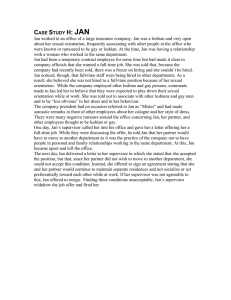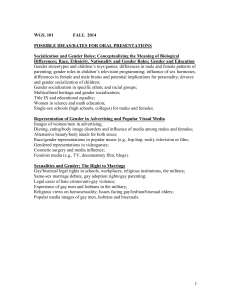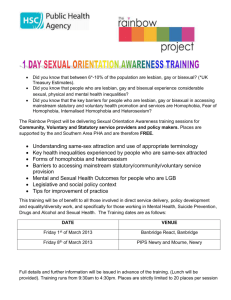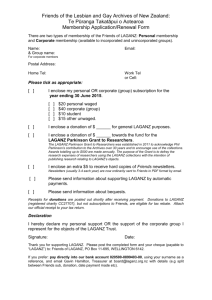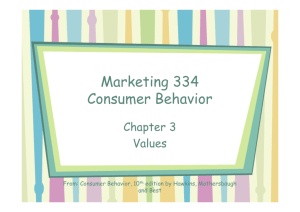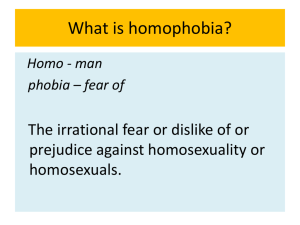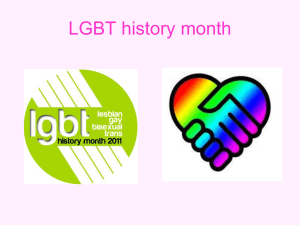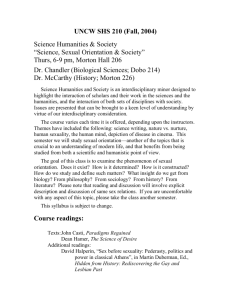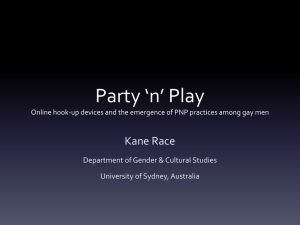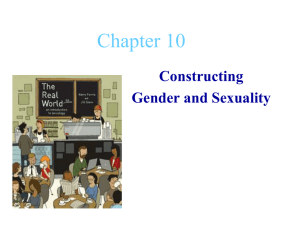family
advertisement
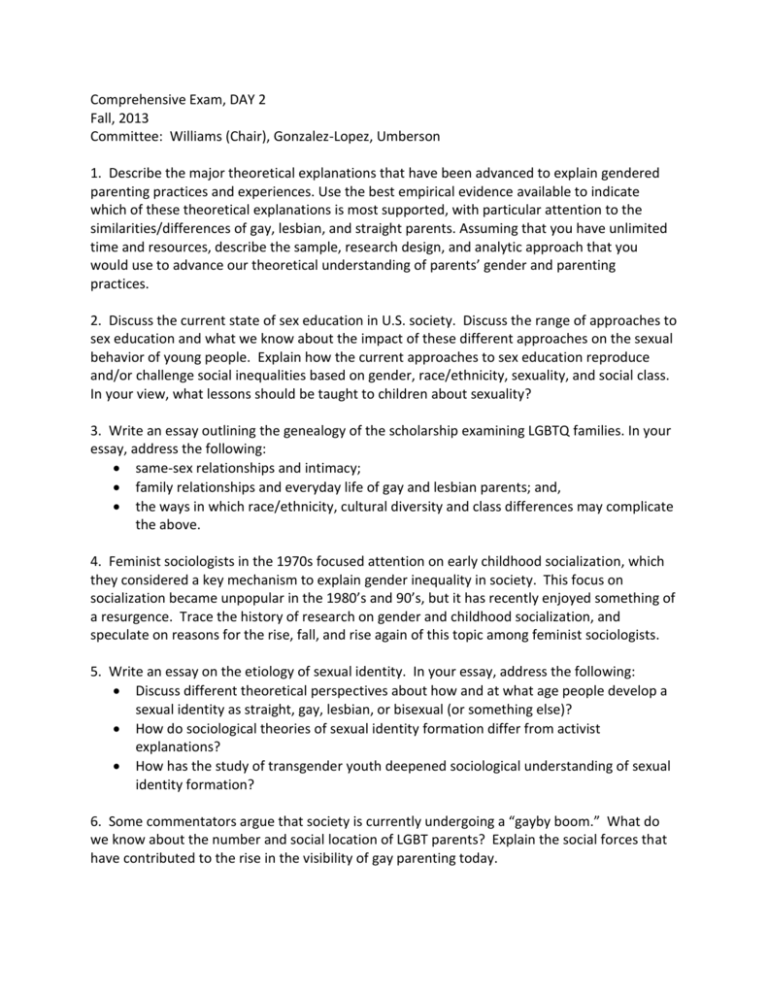
Comprehensive Exam, DAY 2 Fall, 2013 Committee: Williams (Chair), Gonzalez-Lopez, Umberson 1. Describe the major theoretical explanations that have been advanced to explain gendered parenting practices and experiences. Use the best empirical evidence available to indicate which of these theoretical explanations is most supported, with particular attention to the similarities/differences of gay, lesbian, and straight parents. Assuming that you have unlimited time and resources, describe the sample, research design, and analytic approach that you would use to advance our theoretical understanding of parents’ gender and parenting practices. 2. Discuss the current state of sex education in U.S. society. Discuss the range of approaches to sex education and what we know about the impact of these different approaches on the sexual behavior of young people. Explain how the current approaches to sex education reproduce and/or challenge social inequalities based on gender, race/ethnicity, sexuality, and social class. In your view, what lessons should be taught to children about sexuality? 3. Write an essay outlining the genealogy of the scholarship examining LGBTQ families. In your essay, address the following: same-sex relationships and intimacy; family relationships and everyday life of gay and lesbian parents; and, the ways in which race/ethnicity, cultural diversity and class differences may complicate the above. 4. Feminist sociologists in the 1970s focused attention on early childhood socialization, which they considered a key mechanism to explain gender inequality in society. This focus on socialization became unpopular in the 1980’s and 90’s, but it has recently enjoyed something of a resurgence. Trace the history of research on gender and childhood socialization, and speculate on reasons for the rise, fall, and rise again of this topic among feminist sociologists. 5. Write an essay on the etiology of sexual identity. In your essay, address the following: Discuss different theoretical perspectives about how and at what age people develop a sexual identity as straight, gay, lesbian, or bisexual (or something else)? How do sociological theories of sexual identity formation differ from activist explanations? How has the study of transgender youth deepened sociological understanding of sexual identity formation? 6. Some commentators argue that society is currently undergoing a “gayby boom.” What do we know about the number and social location of LGBT parents? Explain the social forces that have contributed to the rise in the visibility of gay parenting today.

